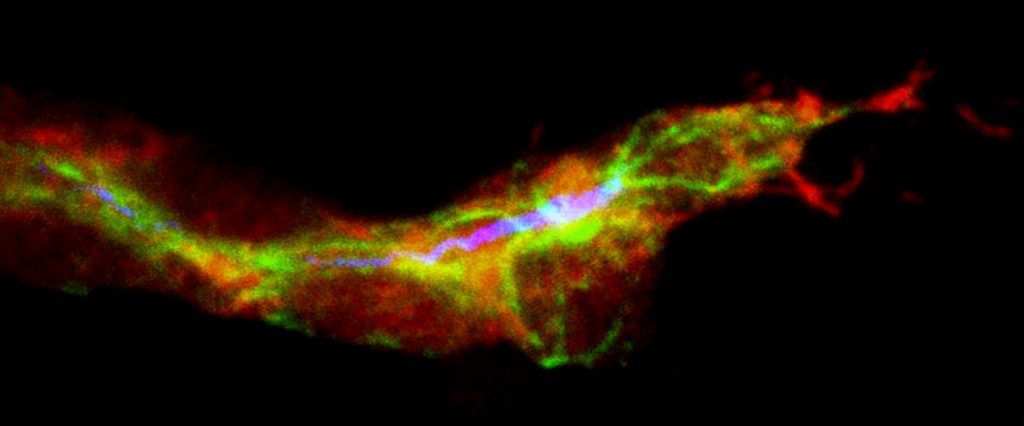
Kim O’Connor, a professor in Tulane University’s Department of Chemical and Biomolecular Engineering, received a three-year $599,638 grant from the National Science Foundation to study ways to improve the survival of mesenchymal stem cells once they are implanted in patients.
Mesenchymal stem cells can change into different types of cells including bone, cartilage or muscle. Harnessing the regenerative capacity of mesenchymal stem cells has the potential to improve the quality of human life by repairing tissue damaged by disease, trauma and aging.
“We are delighted to receive the funding for this project,” O’Connor said. “The grant will allow us to look at the survival of stem cells. Seventy-five percent of these cells are lost when implanted. We are using cell culture and a mouse model to mimic stem cell survival in patients. Our goal is to improve the survival rate, and we are very excited about this opportunity.”
O’Connor is the principal investigator while the co-principal investigators are Professor Bruce Bunnell, director of the Tulane Center for Stem Cell Research and Regenerative Medicine, and Professor Yao-Zhong Liu in the Tulane Department of Biostatistics and Bioinformatics. O’Connor and Bunnell have an ongoing collaboration on this project, while Liu recently joined the effort.
Mesenchymal stem cells exhibit significant cell-to-cell variation in their capacity to survive upon implantation, but the molecular basis of why some of these stem cells survive and others don’t is poorly understood. The goal of the project is to improve the survival of these stem cells by gaining insight into the molecular mechanisms underlying their different survival outcome. This knowledge has the potential to advance the stem cell field by overcoming a critical barrier to achieve more effective stem cell therapies.
O’Connor will direct the study, Bunnell will advise on the animal research aspect of this study and Liu will advise on the bioinformatics piece. Their students will gain first-hand experience through laboratory research funded by this grant.
###
Media Contact
Roger Dunaway
[email protected]
504-862-8240
@TulaneNews
http://www.tulane.edu
The post Tulane professor receives grant to improve stem cell survival appeared first on Scienmag.





